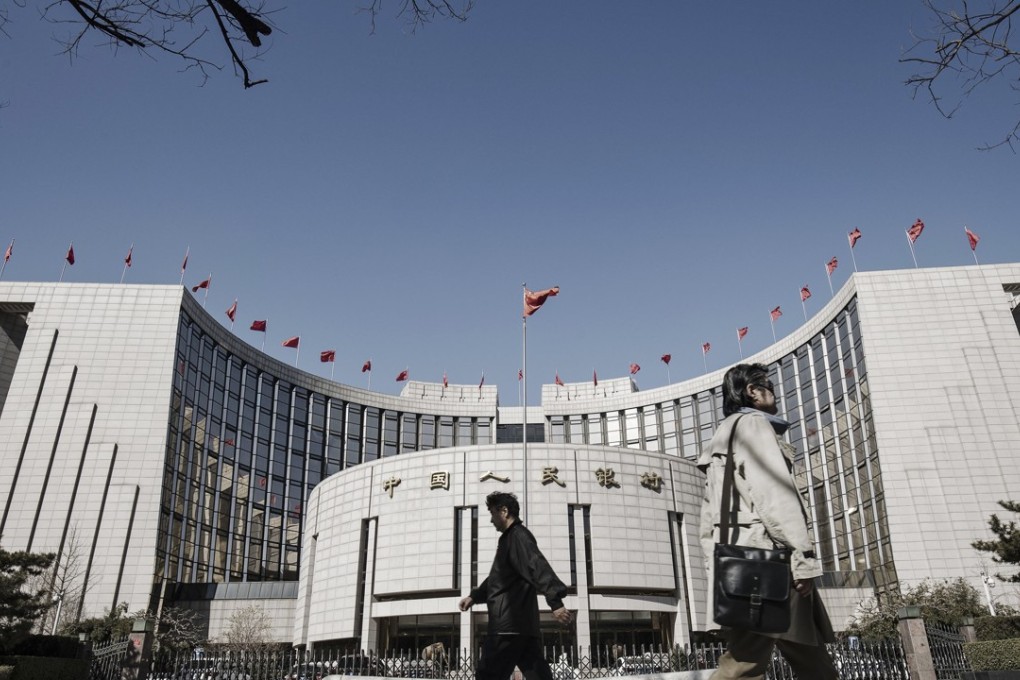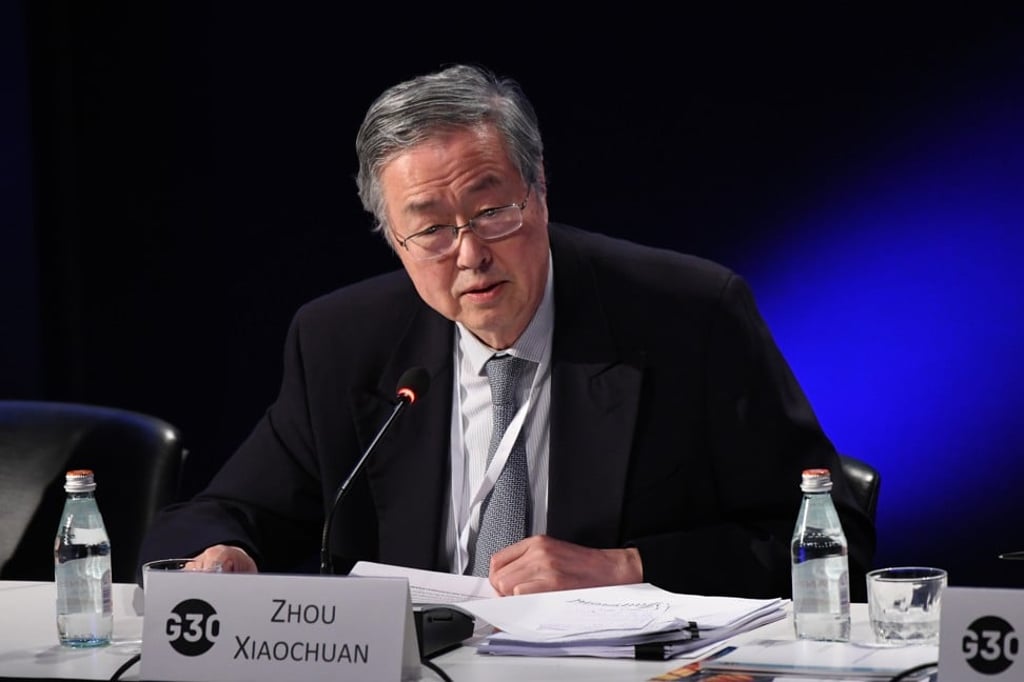China’s next central bank governor will have an unenviable job
Unlike most central banks, the PBOC has no fundamental insulation from politics, and lacks a transparent, predictable, rules-based framework for setting monetary policy and priorities.

Zhou Xiaochuan, governor of the People’s Bank of China (PBOC), has guided his country’s monetary policy for most of the 21st century. He was appointed in 2002, shortly after China joined the World Trade Organisation, and helped steer its economy through the global financial crisis. In the process, he gained widespread respect at home and a reputation for prudent liberalism abroad.
Lately, Zhou has been circulating widely. At a forum in June, he criticised protectionism in China’s financial sector. In an interview this month, he called for liberalising the yuan. At a recent meeting in Washington, he warned about excessive corporate debt growth.
Zhou, who will reach the typical retirement age of 70 next year, certainly sounds like a man on his way out the door. “People retire eventually,” he told reporters this week, at an event at the 19th Communist Party Congress.

Whoever is picked as the next head of the PBOC, the policy path is fraught with risk. Despite China’s much-hyped goal of making the yuan a global currency, it can’t easily reform its foreign-exchange policy or ease capital controls without triggering a flood of outflows. A deceptive period of calm for the yuan this year was the result of a weakening US dollar, which propped up foreign-exchange reserves. Any reversal for the dollar -- a likely outcome of the Federal Reserve’s plan to tighten its balance sheet -- will bring the yuan under significant pressure once again.
The picture isn’t much brighter on interest rates. To maintain the yuan’s soft peg to the dollar, the PBOC’s monetary policy generally follows the US Federal Reserve. But the two countries are now in very different places economically. China needs relatively low interest rates and abundant liquidity, while the US risks overheating if the Fed doesn’t boost rates and reduce its balance sheet.
If the PBOC does follow the Fed -- with rates rising and liquidity falling -- it will place China’s over-indebted economy under enormous pressure; if it doesn’t follow the Fed, it risks breaking the yuan’s peg to the dollar.